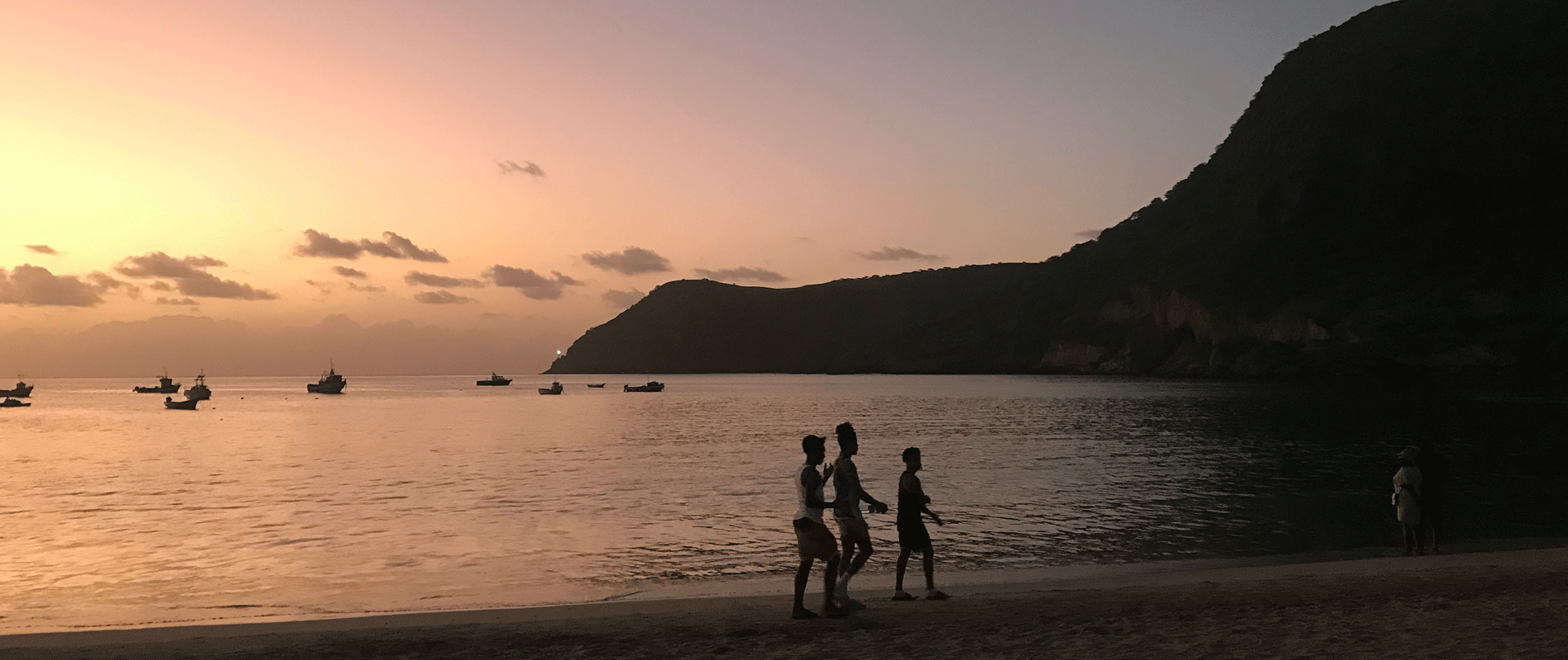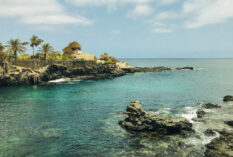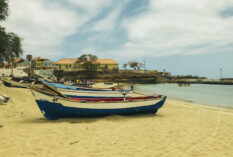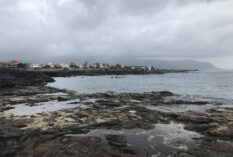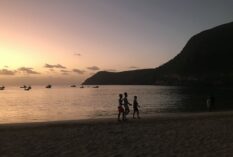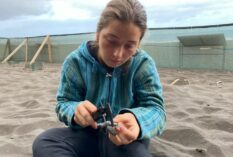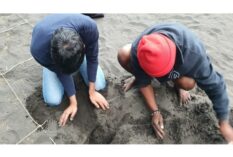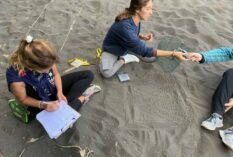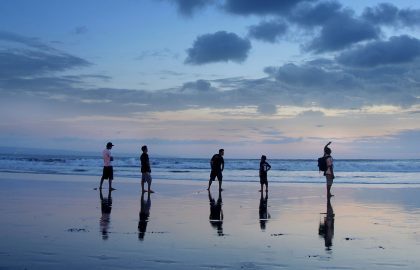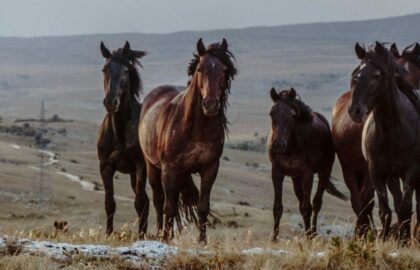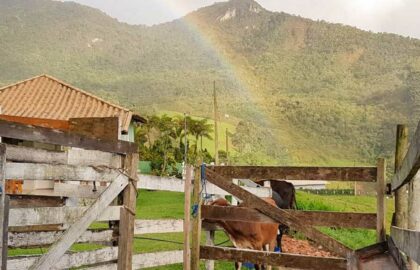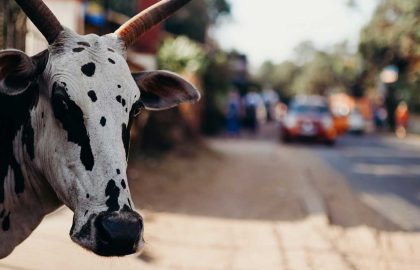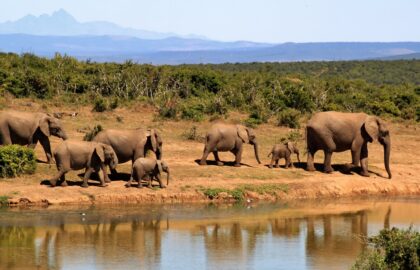Description
Location: Tarrafal, Cape Verde
Duration: Minimum 2 weeks
Start Dates: Project is on-going, and you can join at any time, depending upon availability. Placements start each Monday
Cost: £600 GBP per week – see Costs section for more details
Includes: All food, accommodation, airport pickup, orientation and all project related activities
Does not Include: flights, travel insurance, visas and vaccinations
Intro.
The Cape Verde Islands stand as a global stronghold for the conservation of sea turtles, boasting the second-largest loggerhead turtle (Caretta caretta) breeding colony in the Atlantic and the second-largest globally. Beyond loggerheads, these islands host four other sea turtle species, including the hawksbill turtle (Eretmochelys imbricata), the green turtle (Chelonia mydas), the leatherback or giant turtle (Dermochelys coriacea), and the olive turtle (Lepidochelys olivacea). Despite the legal protections in place, sea turtle poaching remains a critical menace to their survival.
The journey of sea turtle conservation in Cape Verde began in the late 1990s, yielding remarkable successes over the years. These efforts have thwarted a grim prediction in 2007 that these species might face extinction by 2017 without more substantial conservation interventions.
Our sea turtle conservation program is concentrated in the northern region of Santiago Island, specifically within the Tarrafal municipality. Over time, we have poured dedication and care into preserving this invaluable natural heritage and safeguarding its genetic diversity.
Sea turtles hold a pivotal role within the marine ecosystem, safeguarding the health of seagrass beds and coral reefs. These habitats, in turn, serve as vital sources of nourishment and shelter for countless marine species.
Central to our mission has been the active involvement of local communities. Their engagement has triggered a significant reduction in sea turtle poaching and enhanced their capacity to become staunch protectors of these species.
Our project’s execution is primarily the work of a dedicated local team, supported by individuals from the local communities and participants on a national and international scale. Together, we engage in nightly beach patrols during the nesting season. Collaboration with both national and local authorities remains integral to our strategy, aimed at improving environmental and species conservation policies while spreading awareness among local communities and the wider public.
An urgent challenge we face is the illegal hunting of sea turtles on Santiago Island. Our response involves strengthening community ownership of the project and sea turtle protection. This entails training and involving local associations and fishermen in the monitoring and safeguarding of sea turtles. Furthermore, we seek to curtail the consumption of turtle meat on the island through a robust awareness campaign that aligns with the broader activities of our project.
Cape Verde’s beaches are a haven for loggerhead sea turtles during their nesting season from July to October, playing a pivotal role in marine ecosystems and food chains. However, these magnificent creatures grapple with a range of threats, from the loss of nesting habitats due to coastal development to nest predation and human disturbances, such as coastal lighting and housing development that can disorient hatchlings. Incidental capture in various fishing practices and pollution further jeopardize their survival, making the need for dedicated conservation efforts more crucial than ever.
Daily Life
Through this program, you and members of the local community will be working to ensure the protection of the female sea turtles.
- Participate in patrolling beaches (night and morning), with the support of other participants and our team, to monitor breeding females and deter illegal poaching.
- Assist in the introduction of data collected during the monitoring of females.
- During patrol, you will help collect information about the species. For example, measuring and marking the turtles and relocating the nests to a nursery protected from animal predation, when necessary.
- Identify and count nest tracks in the early hours of the day.
- Watch over the nursery to prevent the nests from being preyed upon by dogs or other animals and prevent access by unauthorized persons.
- Participate in project awareness and outreach activities carried out by us in local communities.
- Transporting the eggs into a safe hatchery to protect them from animals and humans,
We aim to empower the local young community to act by protecting nesting females, through direct beach protection, as well as grassroots education at local schools. As a critical part of the team, you will have the opportunity to directly contribute to the conservation of Loggerhead Sea turtle species and ultimately help to build a more sustainable Island.
Our homestay program is an important part of our participants’ experience. By staying with families in communities close to the beaches where the conservation projects are located, you will be able to have a genuine experience of the local cultural and social realities. The selected families are made up of fishermen, people who have a history of poaching, and one-parent households (especially single mothers), given their socio-economic status.
The program encompasses, patrolling beaches (night and morning) to monitor nesting and deter hunting, data collection, the operation of hatcheries, education and outreach activities, and beach clean-ups.
Monday
- Welcome, introduction to Cape Verdean traditions and culture, House rules, Code of Conduct and handling of documents
- Basic Kriolu Lesson
- Visit local supermarkets and ATMs, and explore the surroundings of our center.
- Lunch
- Visit Mar De President Beach and spend some time on the beach before returning back to the center for dinner.
- Dinner
Tuesday to Friday
- Night Patrol on the nesting beaches
- Relocation program (relocation of the nests in risk areas)
- Conducting a successful study of nests in the hatchery
- Collection of biological data, abundance and distribution of sea turtles
- Conduct workshops in the local communities about the importance of sea turtles and the project results
- Organize beach cleaning activities in the project area.
- Movie projection in communities about the importance of sea turtles.
- Conduct a workshop with the fishermen about bycatch.
***This schedule can be changed and/or amended depending on weather conditions, local conditions and unforeseen circumstances.***
***You might have work on Saturdays too.
Travel and Accom.
Upon arrival, you will be welcomed and picked up from the airport, before being taken to your accommodation.
For the duration of your stay, the fully equipped house will serve as your comfortable home. You will be sharing a room with other participants; however, gender segregation will be in place to provide privacy and comfort. The bathroom is shared and western toilets are available.
You will also have lots of opportunities to explore the town especially its crystal clear beaches and participate in programs with your other participants, which is an added plus.
Orientation
On the Monday of your first week at this location, you will join our orientation day, to familiarize you with the surroundings as well as local culture. Your program will continue as usual from Tuesday onward throughout the rest of the week.
- Welcome, introduction to Cape Verdean traditions and culture, House rules, Code of Conduct and handling of documents
- Basic Kriolu Lesson
- Visit local supermarkets and ATMs, and explore the surroundings of our center.
- Lunch
- Visit Mar De President Beach and spend some time on the beach before returning back to the center for dinner.
Culture Week
Get ready for an action-packed week full of exciting adventures and cultural excursions to learn about Cape Verdean culture! During the Culture Week in Tarrafal, you’ll have the opportunity to immerse yourself in the Cape Verdean culture by receiving real exposure to the communities and local areas. The week is designed to give you an understanding of the archipelago’s history, its people, and its flora and fauna.
Throughout the week, you’ll learn the basics of the Cape Verdean Creole language, explore Tarrafal and its surrounding areas, and enjoy a mix of local cuisine and Western food for breakfast, lunch, and dinner. On weekends, two meals (breakfast and dinner) will be provided. You’ll have plenty of clean drinking water and other beverages available.
Tarrafal is full of beautiful beaches, sites, and culture. During your free time, take the time to explore the Portuguese influence on the local culture. The unique Portuguese practices are displayed in the social and cultural patterns of the country. Each day is packed with fun and adventure. You will travel to several nearby tourist attractions and gain insight into the local culture.
Don’t miss out on this unique opportunity to learn about Cape Verdean culture and explore the beautiful island of Santiago. And if you’re looking for even more adventure, check out these trekking week and one-week island itineraries to help you plan your trip.
Monday
- On Monday, you will have breakfast and then get an introduction to Cape Verdean traditions and culture. We will do initial documentation before your program begins, including the signing of the Code of Conduct and collection of passport and visa copies.
- Then you will attend a Basic Kriolu class to learn about the local language. This is critical because the majority of people speak Kriolu, Portuguese, or French here. So, it may come in handy if you learn the Kriolu language.
- Then we will leave to visit local supermarkets and ATMs. Then you will visit the Museum, Tarrafal concentration camp, and local market, and explore the surroundings of our centre.
- We will have lunch at the centre.
- After lunch, you will visit Mar De President Beach and spend some time on the beach before returning back to the centre for dinner.
Tuesday
- After breakfast, you will attend a one-hour Basic Kriolu class to continue your course. Today you will learn how to talk about Days of the Week and months in Kriolu.
- You then have the opportunity to witness a local cooking lesson, wherein you will learn to cook Cachupa, which is a famous dish from the Cape Verde Islands.
- In the afternoon, you will visit Ribeira Das Pratas, which is the black sand beach.
Wednesday
- After breakfast, you will attend another basic Kriolu class where you will learn useful words for communication and spelling. Then you will visit Rebelados Village.
- Learn about this religious community primarily found in the interior of the island of Santiago, Cape Verde. They were among the groups which revolted against the liturgical reforms and isolated themselves from the rest of society
- After lunch at the centre, you will visit Piscina Natural de Cuba, a hidden getaway off the regular tourist tracks. Residents call these natural pools Esprito Santo. These natural pools can provide moments of leisure.
Thursday
- After breakfast, you will attend a one-hour Basic Kriolu class and start learning how to make sentences.
- Then we will leave the centre and visit the Project site for the following week.
- You will have lunch and continue at the project site till the afternoon.
Friday
- After breakfast, we will have our last Basic Kriolu classes and start making phrases. Then we will head out to go on a fishing trip with the local fishermen.
**This activity is totally dependent on the weather. If the weather is rough or choppy on a Friday, this activity could be done on the following day or on Monday. There will not be any other activity scheduled for the day to substitute this activity**
- We will return to the centre with the fresh catch to cook for lunch.
- After lunch, you have free time to relax.
***This schedule can be changed and/or amended depending on weather conditions, local conditions and unforeseen circumstances.***
Requirements
- Minimum age 18
- Passion and enthusiasm for conservation
- Not afraid to get your hands dirty
- Ability to work within a team environment
- Minimum 2 weeks commitment
- CRB Police check (or equivalent) showing that you have no previous criminal convictions
- Good English skills
- Necessary vaccinations
- Necessary flight & visas
- Full travel & medical insurance. Full assistance will be provided in getting everything you will need ready if you choose our Placement Support Package.
Costs
£600 GBP per week
* Check the latest currency conversions with xe.com
** All payments incur a 5% bank transfer fee
*** Placements are confirmed with a 1 week deposit, minimum 2 weeks booking
What’s Included:
Project Fee includes food, accommodation, airport pickup, orientation, in-country support and project activities.
What’s not included:
Flights, insurance, visas (if applicable) and vaccinations. Full assistance will be provided in getting all these arranged if you choose our Premium Support.
Premium Support Upgrade
We understand there’s a great deal to plan and organise for your trip. When booking a Placement, many of our participants choose to purchase our Premium Support Upgrade to benefit from the expertise, knowledge and experience of our Project Coordinators.
We can provide the personal advice you need to ensure your trip is organised with excellence and planned with efficiency; ensuring the very best experience possible. Read more about how we can help you.
Note: Map coordinates are approximate

